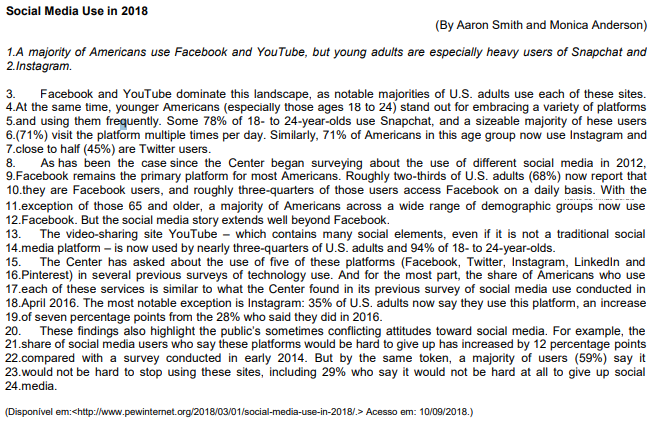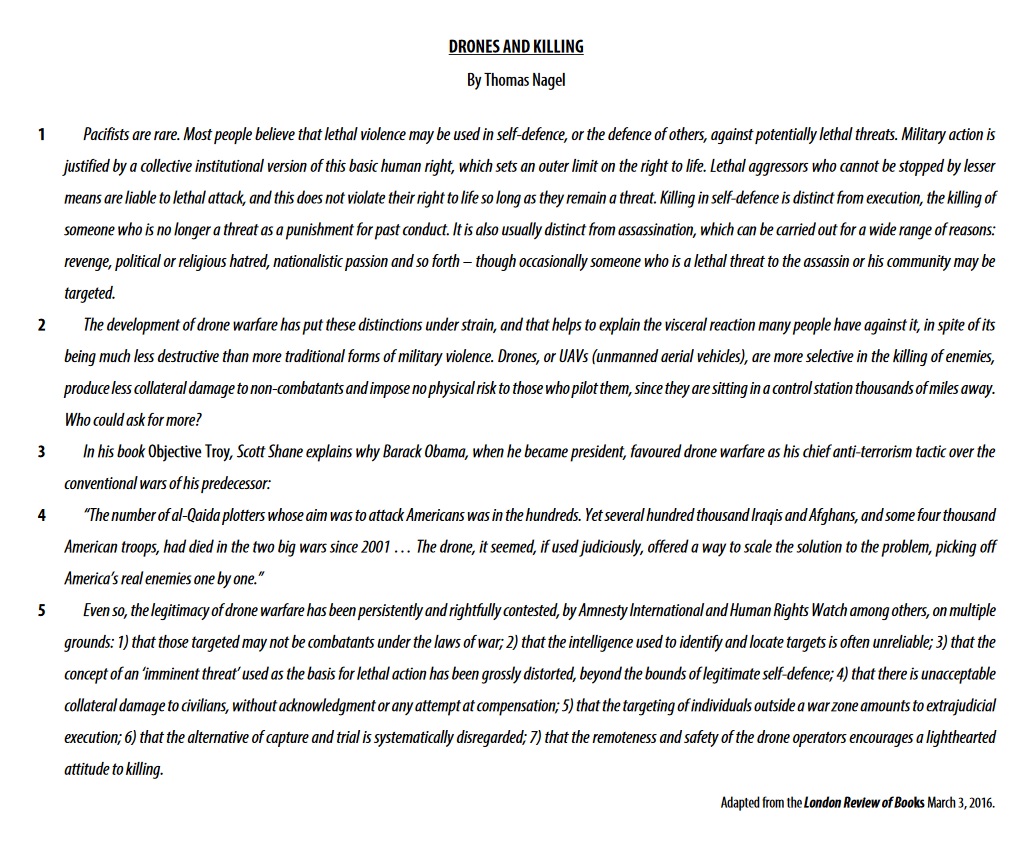Mobile milestones: how your phone
became an essential part of your life
Has any device changed our lives as much, and as quickly,
as the mobile phone? There are people today for whom the
world of address books, street atlases and phone boxes
seems very far away, lost in the mists of time. Following, there
are just some of the big milestones from the past 30 years that
have made almost everything we do easier, more public and
very, very fast.
• The first phones arrive – and become status symbols
Few people got the chance to use the very early mobile
phones. The first call was made in New York in 1973, but
handsets with a network to use were not available until 1983
in the US, and 1985 in the UK. That first British mobile phone
was essentially a heavy briefcase with a receiver attached by
a wire. It cost £2,000 (£5,000 in today’s prices), and gave you
half an hour’s chat on an overnight charge. Making a call was
not something you could do subtly, but that wasn’t the point;
the first handsets were there to be seen. They sent a message
that you were bold and confident with new technology, that
you were busy and important enough to need a mobile phone,
and were rich enough to buy one.
• Text messages spawn a whole new language
The first mobiles worked with analogue signals and could
only make phone calls, but the digital ones that followed in
the early 1990s could send SMS messages as well. After the
first message was sent on 3 December 1992, texting took off
like a rocket, even though it was still a pretty cumbersome
procedure. Handsets with predictive text would make things
easier, but in the 1990s you could save a lot of time by
removing all excess letters from a message, often the vowels,
and so txtspk ws brn. Today the average mobile phone sends
more than 100 texts per month.
• Phones turn us all into photographers...
There seemed to be no good reason for the first camera
phones, which began to appear in 2002, with resolutions
of about 0.3 megapixels. They took grainy, blurry pictures
on postage stamp-sized screens, and even these filled the
phone’s memory in no time. Gradually, though, as the quality
improved, the uses followed. As well as the usual photos of
friends and family, they were handy for “saving” pieces of
paper, and in pubs you could take a picture of the specials
board and take it back to your table. Modern camera phones
have changed beyond recognition in the past 20 years. The
new mobile phones boast the highest resolution dual camera
on a smartphone: a 16-megapixel camera and a 20-megapixel
camera side-by-side. The dual camera allows users to focus
on their subjects, while blurring out the background, producing
professional-looking portraits.
• …and we turn ourselves into celebrities
Twenty years ago people would have thought you a little
strange if you took flattering photos of yourself and your
lifestyle and then distributed them to your friends – let alone
to members of the public. If you used printed photographs
rather than a smartphone app, they would still think so today.
Yet sharing our lives on social media is now the norm, not
the exception – and it was the camera phone that made it all
possible. Now, some phones come with an enormous 64GB
of memory, so you can capture, share and store an almost
countless number of videos and pictures – well, certainly
enough to keep up with the Kardashians.
(www.theguardian.com, 07.07.2017. Adaptado.)





